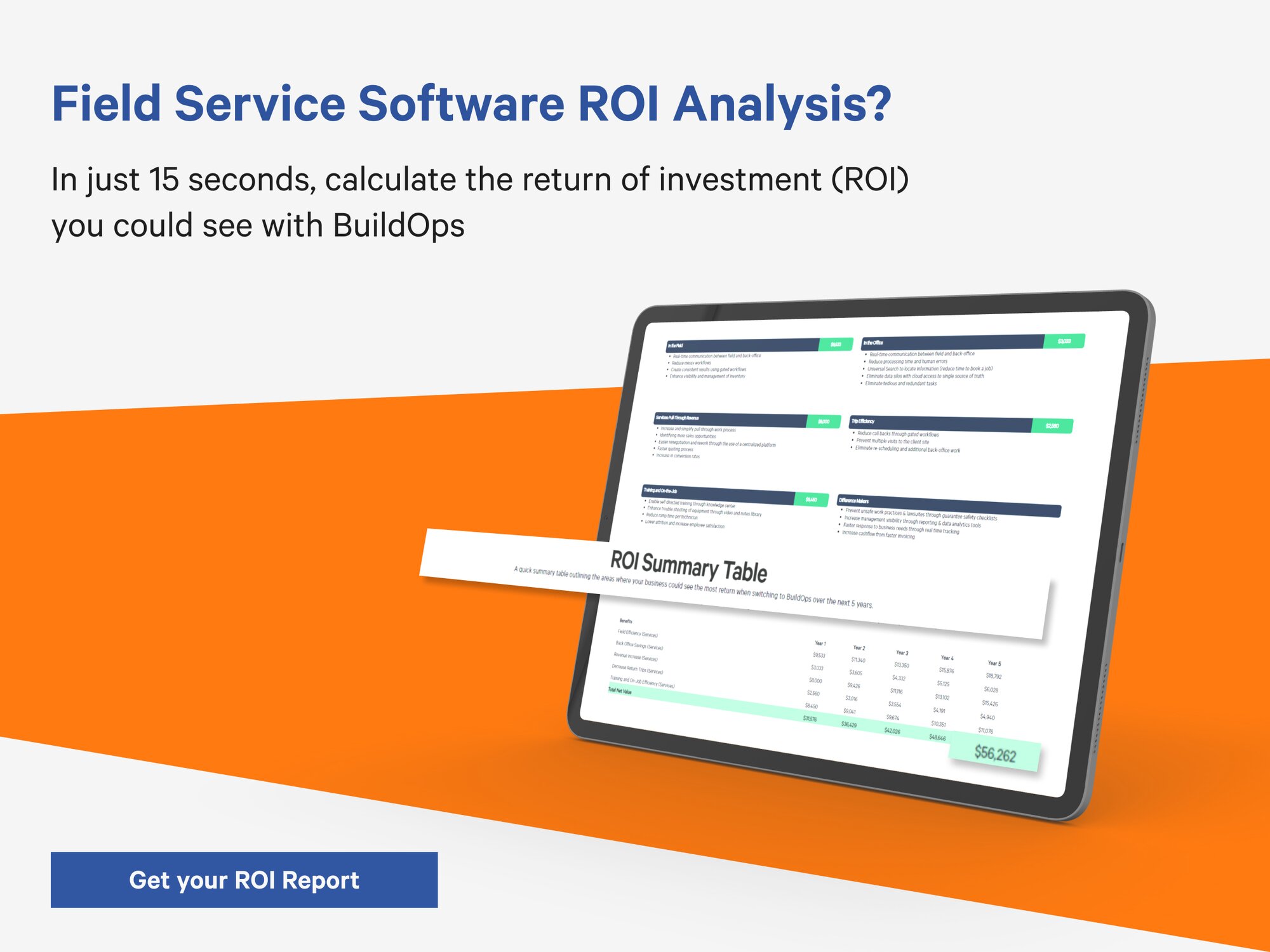Setting up an online booking system is an essential step for any business that offers services or reservations. With the rise of technology and the increasing use of the internet, customers now prefer the convenience of booking and paying for services online. This is why businesses must adapt and implement an online booking system to stay relevant and competitive in their industry.
The first step in setting up an online booking system is to choose the right platform. There are many options available, each with its own features and pricing. It is important to research and compare different platforms to find the one that best suits the needs and budget of the business.
Once a platform is selected, the next step is to customize the system to fit the specific needs of the business. This includes adding services, setting availability, and configuring prices. It is crucial to ensure that all the information and details are accurate to avoid any confusion or double bookings.
The next step is to integrate the system into the business’s website. This can be done by embedding a booking widget or link onto the website, making it easy for customers to access and use. The system should also be mobile-friendly, as many customers prefer to make bookings on their phones.
Training employees on how to use the system is essential to ensure smooth operations. This includes teaching them how to manage bookings, make changes, and troubleshoot any issues that may arise. It is also important to have a backup plan in case of any technical difficulties.
Finally, the system should be regularly monitored and updated to improve the user experience and address any problems. Customer feedback should also be taken into consideration to make necessary changes and improvements.
In conclusion, setting up an online booking system is a crucial step in today’s digital age. It not only provides convenience for customers but also helps businesses save time and increase efficiency. By following these steps, businesses can successfully implement an online booking system and reap its benefits.
How to Select the Best Online Booking System for Your Business
With the increasing demand for online bookings, it has become crucial for businesses to choose the best online booking system to stay competitive. Firstly, it is important to assess the specific needs and goals of the business. This will help to determine the necessary features and compatibility of a booking system.
Next, it is essential to research and compare different booking systems available in the market. Consider factors such as cost, user-friendliness, and customer support. A system that is affordable and easy-to-use will save time and resources in the long run.
The type of business also plays a significant role in selecting the right booking system. For instance, a hotel or restaurant may require a system with table management and menu customization, while a professional service provider may need a system with appointment scheduling and client database features.
Another important factor to consider is the ability of the system to integrate with the existing website. A seamless and user-friendly interface is necessary for customers to make bookings easily. The system should also have a mobile-friendly version to cater to customers who prefer to book on-the-go.
Security is also a crucial consideration when selecting an online booking system. With sensitive customer information being collected, the system must have strong security measures in place to protect against data breaches.
Before finalizing a booking system, it is advisable to take advantage of free trials or demos to test its features and functionality. This will help to ensure that the system meets the needs of the business and is easy for employees to use.
Tips for Tailoring Your Online Booking System to Fit Your Business Needs
Implementing an online booking system is a crucial step for businesses to stay relevant and cater to the increasing demand for online bookings. However, it is equally important to tailor the system to fit the specific needs and goals of the business. Firstly, asses the type of services or reservations the business offers and customize the system accordingly. This includes setting up availability, prices, and multiple service options.
Next, consider the user experience of the system. A user-friendly interface is paramount to ensure that customers can easily navigate and make bookings without any confusion or technical difficulties. This also includes tailoring the system to be compatible with the business’s website and mobile-friendly for on-the-go bookings.
Personalization is key in retaining customers and standing out in a competitive market. The system should allow for customization of email reminders, confirmation messages, and follow-up surveys. This not only enhances the customer experience but also helps in building brand loyalty.
Having the ability to manage and monitor bookings is crucial to avoid double-bookings or overbooking. The system should allow employees to easily check and make changes to existing bookings, as well as have an overview of upcoming reservations. This improves efficiency and avoids any scheduling issues.
Finally, consider the reporting and analytics features of the system. This allows businesses to gather important data on bookings, cancellations, and customer behavior. This information can then be used to make informed decisions and improve the booking process.
Regularly reassessing and tailoring the online booking system to fit the changing needs of the business and customers is also important. By following these tips, businesses can successfully customize their online booking system and provide a seamless and efficient booking experience for their customers.
Steps to Embedding Your Online Booking System into Your Website
Embedding an online booking system into a website is a crucial step in providing customers with the convenience of booking and paying for services online. Firstly, the business must choose a suitable booking system that is compatible with their website. Make sure to carefully review the integration process and any necessary coding or plugins that may be required.
Next, the business must create an account with the chosen booking system and customize it to fit their specific needs. This includes adding services, setting availability, and configuring prices. It is essential to ensure that all information and details are accurate to avoid any confusion or issues for customers.
After customizing the system, the business should then obtain the necessary embed code or link from the booking system platform. This code can then be inserted into the website’s HTML code or added as a widget through a plugin.
Once the booking widget or link is added to the website, it is important to test it thoroughly to ensure smooth functionality. Make sure that customers can easily access and use the system to make bookings and payments. Any issues or errors should be promptly addressed and fixed.
Regular monitoring and periodic testing of the booking system on the website is crucial to ensure that it continues to function seamlessly. This also allows for any necessary updates or improvements to be made.
Ensuring Smooth Operations with a Well-Trained Staff and Contingency Plans
Having a well-trained staff and contingency plans in place is essential for ensuring smooth operations of an online booking system. The staff should be trained on how to use the system, manage bookings, and troubleshoot any issues that may arise. This will not only improve efficiency but also provide customers with better support and service.
Regular training sessions should be conducted to keep employees updated on any changes or improvements to the booking system. This will also help to address any recurring user errors and improve the overall user experience.
In addition to a well-trained staff, it is important to have contingency plans in case of any technical difficulties or system failures. This can include having a backup system or manual procedures in place to continue accepting bookings and managing reservations. This also ensures minimal disruption to customers and avoids any negative impact on the business’s reputation.
Contingency plans should also include protocols for handling a high volume of bookings, such as during peak seasons or special events. This may involve hiring temporary staff or extending business hours to meet the demand. Having a plan in place beforehand helps to avoid any last-minute confusion or chaos.
Regularly reviewing and updating contingency plans is also important, as technology and customer needs can change over time. By having a well-trained staff and effective contingency plans in place, businesses can ensure smooth operations of their online booking system and provide a seamless and positive experience for their customers.
The Importance of Regularly Updating Your Online Booking System to Improve User Experience
Regularly updating an online booking system is essential to stay ahead in a competitive market and meet the ever-changing needs of customers. One of the main reasons for updating the system is to improve the overall user experience. This includes streamlining the booking process, enhancing the system’s features and functionality, and addressing any technical issues.
By regularly reviewing and updating the system, businesses can gather important data and feedback on customer behavior, preferences, and any difficulties they may have encountered while using the system. This information can then be used to make necessary improvements and updates to enhance the user experience.
Updating the system also allows businesses to stay current with the latest technology and trends. This could involve implementing new features, such as online payment options or integrating with popular social media platforms, to make the booking process even more convenient for customers.
In addition to improving the user experience, regular updates also help to ensure the security and protection of customer information. With the increasing threat of cyber attacks, it is vital to have up-to-date security measures in place to safeguard sensitive data.
Regularly updating the online booking system also shows that the business is committed to providing a high-quality and efficient service to its customers. This can help to build trust and loyalty with customers, ultimately leading to increased bookings and revenue for the business.
Key Takeaways
Creating an online booking system is crucial for businesses to stay relevant and competitive in today’s digital age. The process involves choosing the right platform, customizing the system to fit the business’s specific needs, and integrating it into the website. It is important to train employees on how to use the system and have contingency plans in case of any technical difficulties. To select the best system, businesses should consider their needs, research and compare different options, and take advantage of free trials or demos. Tailoring the system to fit the business’s needs and regularly updating it is also crucial for a seamless and efficient user experience. Having a well-trained staff and contingency plans in place ensure smooth operations and regularly updating the system improves the overall user experience and shows the business’s commitment to providing high-quality service.







